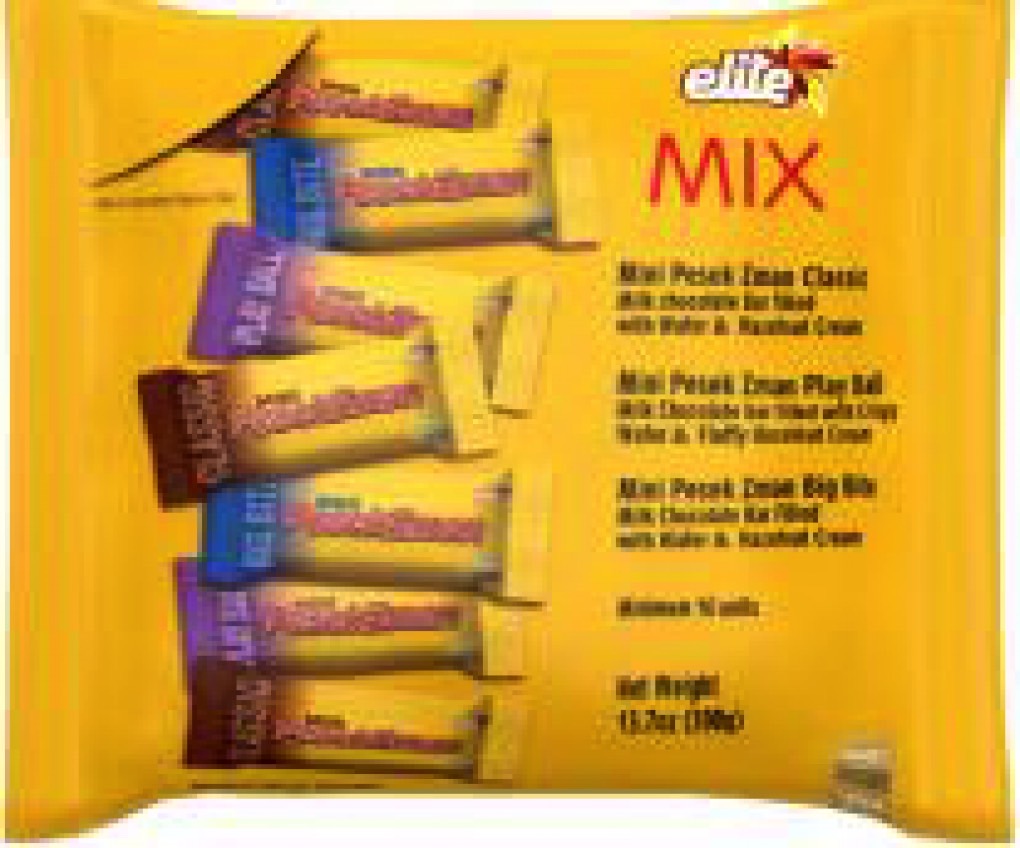The world of food safety can often seem complex and daunting, especially when it comes to recalls that can affect public health. One recent incident that has brought the topic to the forefront is the FDA recall of Golden Crop Candy. This article aims to provide a comprehensive overview of the recall, explore its implications, and underscore the importance of food safety. Understanding these elements is crucial for consumers, manufacturers, and regulators alike.
What Happened? The Golden Crop Candy Recall
In late 2023, the U.S. Food and Drug Administration (FDA) announced a recall of Golden Crop Candy due to potential contamination that posed a health risk to consumers. This candy, popular among various age groups, was found to have traces of undeclared allergens, particularly nuts, which were not listed on the product packaging. This oversight could lead to severe allergic reactions in susceptible individuals.
Why Was the Recall Issued?

The recall was initiated after customers reported symptoms consistent with allergic reactions. The FDA’s investigation revealed that:
- The manufacturing process had cross-contaminated the candy with nut residues.
- Quality control measures failed to identify the contamination prior to distribution.
- Customer complaints triggered the FDA’s intervention and subsequent investigation.
Understanding Food Allergens
Food allergens are proteins that can trigger allergic reactions in certain individuals. Common allergens include:
- Peanuts
- Nuts
- Milk
- Eggs
- Wheat
- Soy
- Fish
- Shellfish
For those with allergies, even trace amounts of these allergens can lead to serious health consequences, ranging from mild symptoms such as hives to life-threatening anaphylaxis. This is why accurate labeling and stringent manufacturing practices are essential in the food industry.
The Impact of the Recall
The implications of the Golden Crop Candy recall extend beyond just the affected consumers. Here are some of the key impacts:
- Consumer Health Risks: Individuals with nut allergies who consumed the candy risked serious health issues.
- Company Reputation: Golden Crop’s brand image suffered as consumers lost trust in their quality control.
- Regulatory Scrutiny: The incident led to increased scrutiny from regulatory bodies over manufacturing practices.
Case Study: Previous Recalls and Lessons Learned

Food recalls are not uncommon, and history has shown that they can have significant consequences. A notable example is the 2007 peanut butter recall linked to Salmonella contamination, which resulted in hundreds of illnesses and several fatalities. The fallout included:
- Increased public awareness of food safety.
- Stricter regulations and guidelines from the FDA.
- Enhanced traceability measures in food sourcing.
These past incidents underscore the importance of robust safety protocols and transparent communication from manufacturers to consumers.
How to Stay Informed
In light of incidents like the Golden Crop Candy recall, it is vital for consumers to stay informed about food safety. Here are some tips:
- Sign Up for Alerts: Register for FDA alerts and subscribe to news from your local health department.
- Check Labels: Always read product labels for allergen information before purchasing.
- Report Issues: If you experience adverse effects after consuming a product, report it to the FDA.
Manufacturer Responsibilities
Manufacturers have a legal and ethical obligation to ensure the safety of their products. Key responsibilities include:
- Conducting Regular Audits: Regular inspections of manufacturing processes to identify and rectify potential hazards.
- Transparent Communication: Promptly informing consumers and regulatory authorities about any safety issues.
- Implementing Training Programs: Educating staff on allergen management and food safety protocols.
The Role of the FDA in Food Safety

The FDA plays a crucial role in regulating food safety in the United States. Their responsibilities include:
- Setting Standards: Establishing guidelines for food manufacturing and labeling.
- Conducting Inspections: Regularly inspecting facilities to ensure compliance with safety standards.
- Responding to Recalls: Coordinating responses to food safety incidents and issuing recalls when necessary.
What Consumers Should Do During a Recall
When a recall is announced, consumers should take immediate action. Here’s a step-by-step guide:
- Check Your Pantry: Look for the recalled product and check the batch number against FDA announcements.
- Dispose of the Product: Safely discard any recalled items to prevent accidental consumption.
- Stay Informed: Monitor updates from the FDA for further guidance on the recall.
Conclusion: Safety First

The Golden Crop Candy recall serves as a stark reminder of the importance of food safety in protecting consumer health. As consumers, staying informed and vigilant is key to ensuring our safety in the ever-evolving landscape of food products. For manufacturers, the incident highlights the need for stringent quality control measures and transparency to maintain consumer trust. The FDA’s role remains vital in overseeing food safety and ensuring that manufacturers adhere to established guidelines. By working together—consumers, manufacturers, and regulatory bodies—we can foster a safer food environment for everyone.